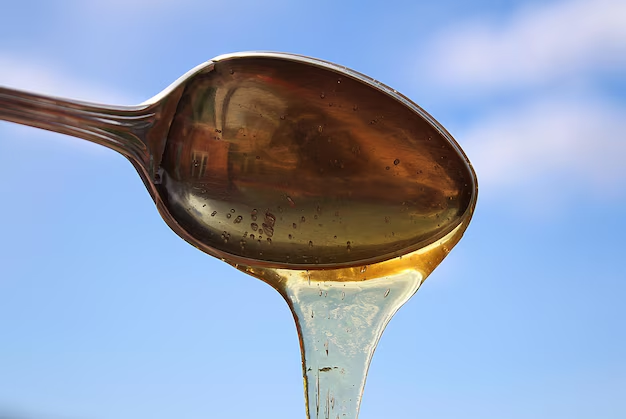Your Guide to Can a Diabetic Take Honey
What You Get:
Free Guide
Free, helpful information about Diabetes FAQ and related Can a Diabetic Take Honey topics.
Helpful Information
Get clear and easy-to-understand details about Can a Diabetic Take Honey topics and resources.
Personalized Offers
Answer a few optional questions to receive offers or information related to Diabetes FAQ. The survey is optional and not required to access your free guide.
Is It Safe for Diabetics to Consume Honey? Here's What You Need to Know
Managing diabetes requires vigilance in monitoring carbohydrate intake, making dietary choices more complex, especially regarding sweeteners. Naturally, one question that arises is whether honey—a natural sweetener—is safe for diabetics. The answer isn't as straightforward as either yes or no, as it depends on individual health goals, blood sugar levels, and overall diet.
The Case for Honey
Honey, unlike processed sugars, consists of natural sugars: glucose and fructose. It also contains trace amounts of vitamins, minerals, and antioxidants, offering potential health benefits that refined sugar lacks. Some studies suggest honey might have a lower glycemic index (GI) than sugar, meaning it could cause a slower spike in blood sugar levels. However, this can vary widely depending on the type of honey and its source.
Potential Risks
Despite its natural origins, honey still impacts blood sugar levels. The carbohydrate content in honey is similar to that of refined sugar—about 17 grams per tablespoon. Therefore, consuming honey in substantial amounts, especially without balancing it with other nutrients, could result in significant blood sugar changes. This makes portion control critical for diabetics considering honey as a part of their diet.
Moderation and Mindfulness
For those with diabetes keen on including honey in their diet, moderation is key. It's advisable to:
- Consult a healthcare provider or a registered dietitian. They can provide personalized guidelines based on your health needs.
- Monitor blood sugar levels before and after consuming honey to understand its effect on your body.
- Balance it with fiber-rich foods or proteins to mitigate blood sugar spikes.
Integrating honey into a diet doesn't necessarily mean using it daily. Occasional, mindful consumption can allow one to enjoy its flavor without severely disrupting glucose levels.
Exploring Beyond Honey
Understanding diet is just one facet of managing diabetes. Financial stability can also significantly influence one's ability to maintain effective diabetes care, which often involves purchasing specific foods or medications. Here’s a look at some financial resources and solutions that diabetics might find particularly useful:
📌 Financial and Educational Support
🩺 Health Insurance Programs: Government and private health insurance plans often provide coverage for diabetes-related expenses, including medication and necessary medical devices.
💰 Diabetes Support Groups: Many non-profits offer financial assistance and resources to help cover costs associated with diabetes management.
📚 Educational Grants: Several organizations provide educational resources and scholarships for individuals with diabetes to pursue vocational training and education.
📉 Debt Relief Options: For those struggling with medical debt, programs and platforms offer negotiation and consolidation solutions to ease financial burdens.
💳 Credit Card Solutions: Select credit cards provide cashback or rewards targeting healthcare expenses, benefiting frequent medical expenditures.
A thorough understanding of both dietary management and financial resources can empower individuals with diabetes to lead healthier, more sustainable lives.
Navigating diabetes is undoubtedly a challenge, but with the right dietary habits and financial support systems in place, individuals can effectively manage their condition and enhance their quality of life.
What You Get:
Free Diabetes FAQ Guide
Free, helpful information about Can a Diabetic Take Honey and related resources.

Helpful Information
Get clear, easy-to-understand details about Can a Diabetic Take Honey topics.

Optional Personalized Offers
Answer a few optional questions to see offers or information related to Diabetes FAQ. Participation is not required to get your free guide.


